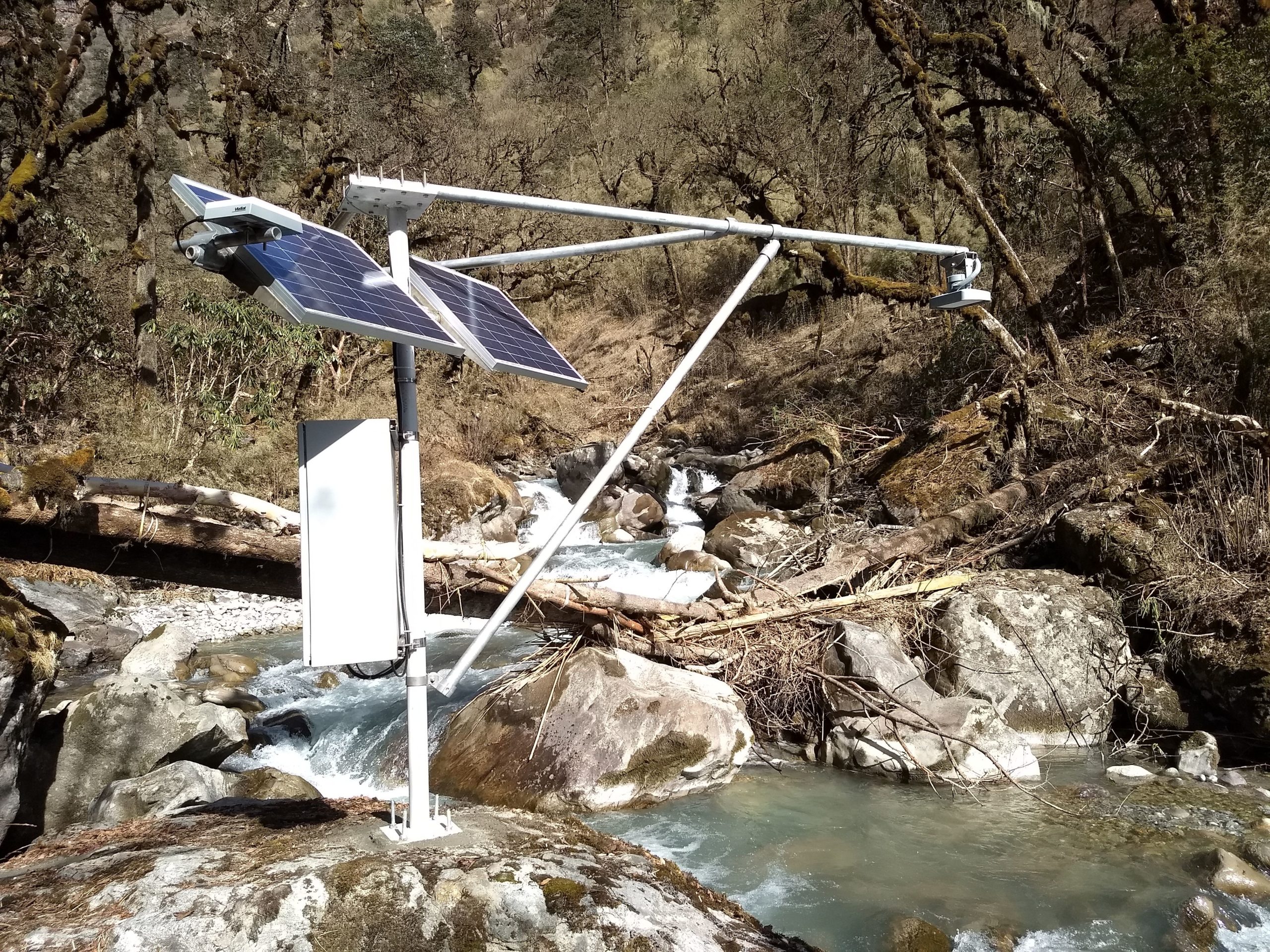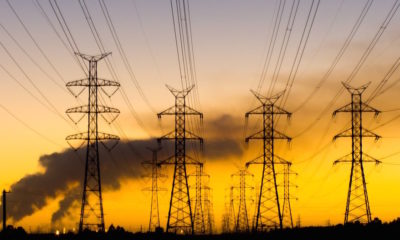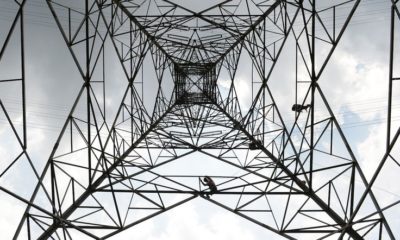- FG Completes Concession Process for N6.68bn Hydropower Plant
The Federal Government has completed the concession process required for the handing over of the N6.68bn Gurara Hydropower Plant to a concessionaire.
It said the 30-megawatts power plant located in Kaduna, would contribute to addressing the gap in electricity supply across the country, particularly in the North-West states of Nigeria.
The Minister of Water Resources, Suleiman Adamu, who disclosed this while speaking on the sidelines of a media workshop in Abuja, also noted that the Federal Government had decided to concession the hydropower components of selected dams.
He said the Gurara dam was one of the selected dams, adding that the processes needed to concession the 30MW project had been completed.
Adamu said, “We are not concessioning the entire dams in our concession arrangement. Rather, the concession is for the hydropower component of the dams and the dams will still be owned by the Federal Government.
“In Gurara, we have a hydropower plant there. All the processes for the concessioning have been completed and it is now a matter of presenting it to the Federal Executive Council for approval.”
The minister, however, observed that the transmission lines to evacuate power from the hydropower plant were not ready yet.
“That is not within the purview of the Federal Ministry of Water Resources, it is undertaken by the TCN (Transmission Company of Nigeria) but a lot of provision has been made and we hope that by the end of this year something better will happen,” Adamu stated.
He further noted that the 40MW Kashimbilla Hydropower Plant was also ready.
“Again, we are also waiting for transmission lines to be completed but have started the process of concessioning and we have appointed a transaction adviser, hopefully by next year, we should be able concession that one as well,” Adamu said.
On why there was a need for the hydropower project, the Infrastructure Concession Regulatory Commission explained that the plant when operational, would increase the country’s overall power generation.
The ICRC stated that in addition to fulfilling the water supply needs of residents, the dam had been equipped with world-class amenities for hydropower generation, irrigation, farming, tourism development, and fish farming.
It said the water ministry plans to integrate the 30MW power plant into the Gurara dam works, which is expected to produce 115 gigawatts-hour of energy annually, representing a 44 per cent annual capacity factor.
“The water from the Gurara reservoir will be used to produce hydroelectricity using the water that is available once the water supply demands have been satisfied,” the commission stated on its website.
On the rationale for adopting a Public Private Partnership model for the operation of the plant, the ICRC explained that the proposed model for the concessioning of the hydropower component of the dam would require one concessionaire to take custody of the project for a period of time as determined by the financial analysis.
It stated that under this form of PPP, the concessionaire would be responsible for the use of the asset in generating hydropower and connecting to the transmission network made available by the TCN on behalf of the Federal Government to the sub-station for distribution.
“Therefore, an operate-and-maintain model was selected as the best PPP methodology for concession of the project,” it added.
Adamu had earlier revealed that Nigeria had a hydropower potential of 12,220MW but that only about 1,930MW of this had been developed at Kainji, Jebba and Shiroro dams.

 Billionaire Watch2 weeks ago
Billionaire Watch2 weeks ago
 Startups4 weeks ago
Startups4 weeks ago
 News4 weeks ago
News4 weeks ago
 News4 weeks ago
News4 weeks ago
 Bitcoin4 weeks ago
Bitcoin4 weeks ago
 Naira4 weeks ago
Naira4 weeks ago
 Forex3 weeks ago
Forex3 weeks ago
 Treasury Bills4 weeks ago
Treasury Bills4 weeks ago

























